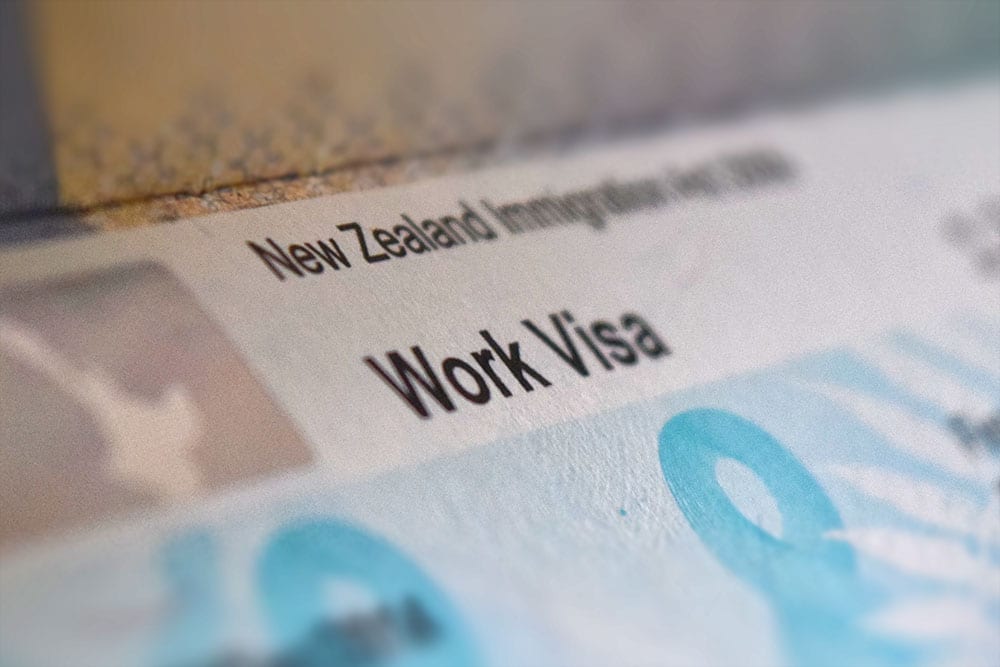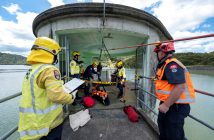The Government’s ‘Immigration Rebalance‘ fits within its political ideology, but is madness in the context of the current labour market, Civil Contractors New Zealand Chief Executive Alan Pollard says

When the borders closed in 2020, it was always going to be a long road back. And it was also inevitable the Government would take the opportunity to revamp the immigration system.
The situation we are in now is one where the government is looking to migration as a tool to increase wages and prevent ‘low skilled’ migrants from gaining residence, which fits with the government’s political ideaology but is just not practical.
When finances, projects and construction contracts are depending on labour availability, a ‘try it and see’ approach is never good enough. Several things seem to have been forgotten.
First, labour is subject to market forces of supply and demand. When everybody in the country that wants to be employed has a job, it is a simple fact we have to look elsewhere or the work we need to do will not get done.
Second, migration cuts both ways. With a tight global labour market, if it is easier to work overseas than it is in New Zealand, that is where people will go. There is a real imbalance when people can exit the country for opportunities abroad, without the ability for others to enter.
Third, the government doesn’t always get its settings right. In the recent Immigration Rebalance consultation, we submitted a list of more than 20 roles to be added to a critical exceptions list allowing recruitment. The list was based on roles advised to us by members through a consultation process. Only one was added – albeit an important one; ‘Drainage, Sewerage and Stormwater Labourer’.
So, while we are participating in the current consultation on the future of the Skilled Migrant visa category, calling for removal of barriers to entry, removal of caps to application processing and greater recognition of skilled civil tradespeople to enable them to enter the country alongside the engineering roles currently on the green list, we are also taking the issue up with Minister for Immigration Michael Wood (and his opposition counterparts) directly.
With these efforts, we hope to shift the mindset from creating bureaucracy and barriers to creating a streamlined system that enables us to recruit the skills we need from offshore, when they aren’t available within New Zealand.







